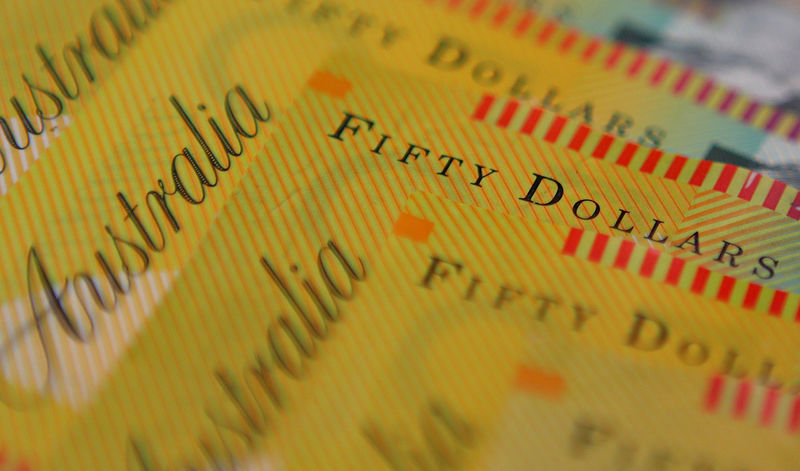By Ambar Warrick
Investing.com-- Most Asian currencies moved little on Tuesday as markets hunkered down ahead of several major central bank meetings this week, while the Australian dollar rose after the Reserve Bank raised interest rates.
The Australian dollar rose 0.4% in choppy trade as the RBA raised interest rates by an as-expected 25 basis points (bps). But the central bank also forecast higher inflation and slowing economic growth for the year, as it struggles to maintain a balance between battling inflation and preventing rate hikes from denting the economy.
Broader Asian currencies moved little as markets awaited interest rate decisions from the Federal Reserve and the Bank of England this week. Both central banks are expected to raise interest rates by 75 bps each.
But traders will also be watching for any cues from the Fed on when it plans to soften its hawkish stance. Asian currencies were buoyed by recent expectations that the Fed will ease its pace of rate hikes to 50 bps in December.
The dollar index fell 0.2%, as did dollar index futures. But both instruments retained recent gains, as markets positioned for the Fed meeting.
China’s yuan traded flat, but remained close to its weakest level since the 2008 financial crisis. Data this week showed that China’s manufacturing sector shrank in October amid continued headwinds from COVID-related lockdown measures. Sentiment towards the country worsened recently after new outbreaks in Shanghai and Wuhan, and as Beijing said it will not soften its strict zero-COVID policy.
The offshore yuan rose 0.2%, recovering from near-record lows.
The Japanese yen rose 0.2% after the finance ministry said Japan spent a record $42.8 billion on intervening in foreign exchange markets in October to support the currency. The Japanese currency slumped to a 32-year low against the dollar during the month, likely prompting corrective measures by the government.
But government intervention so far has provided only short-term support for the yen, which faces increasing headwinds from rising interest rates across the globe. The Bank of Japan recently retained its ultra-accommodative monetary policy, and forecast higher inflation this year.
The Indonesian rupiah fell 0.3%, as softer-than-expected inflation readings for October signaled that the central bank could soften its pace of interest rate hikes.
On the other hand, the South Korean won jumped 0.5%, even as data showed a bigger-than-expected drop in October exports, indicating more pressure on Asia’s fourth-largest economy.
